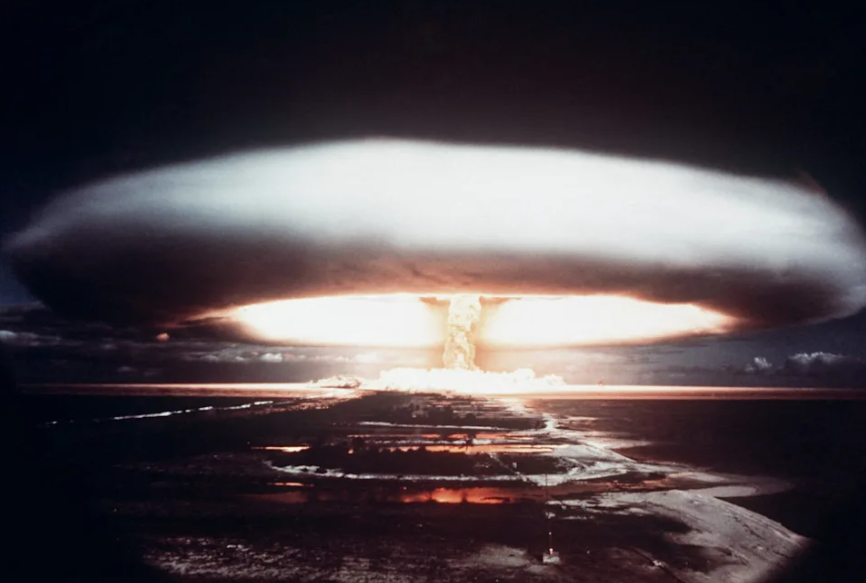ALWAGHT- Trump’s proposal to revive nuclear testing could reshape global deterrence norms. Here’s what’s at stake for US and world security.
In a 60 Minutes interview, President Donald Trump claimed the US would resume nuclear explosive testing, insisting that Russia and China were already conducting such tests. His remarks drew criticism from officials and experts, who said he misinterpreted nuclear strategy and the current activities of rival powers.
There is no verified evidence that Russia or China have resumed full-yield nuclear detonations. Instead, both nations are modernizing their delivery systems—such as new missiles and nuclear-powered platforms—while relying on simulations, subcritical experiments, and stockpile stewardship programs, much like the United States.
Experts emphasized that secret explosive tests are nearly impossible to hide due to global monitoring networks like the CTBTO. Today’s nuclear programs validate warhead reliability and delivery performance without underground blasts, making explosive testing unnecessary for established nuclear states.
The US, while still possessing a vast arsenal, faces aging delivery systems and costly, delayed modernization programs. Analysts warn that unless the US accelerates updates to its nuclear triad and command systems, it may fall behind Russia and China, whose capabilities are rapidly advancing.
Scientists and security specialists argue that resuming explosive nuclear testing would do more harm than good—undermining global arms control, encouraging US rivals to restart their own tests, and escalating a dangerous new arms race. They caution that even rhetoric about testing erodes international norms and damages US deterrence.



























